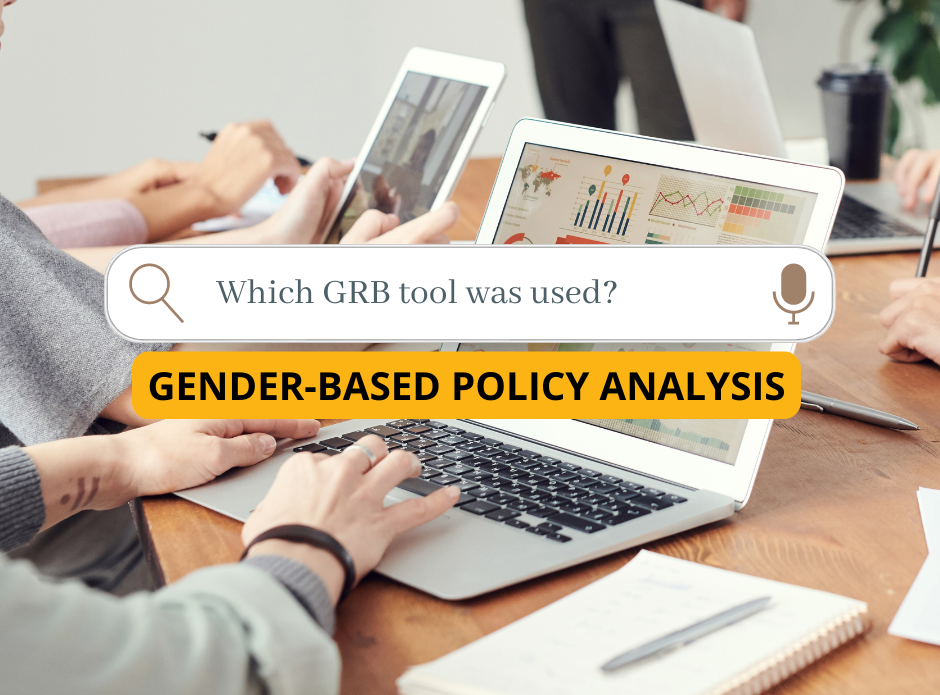Gender Budget Watchdog Network brings together 100 civil society organizations from seven countries and aims to strengthen the role of CSOs as an interest group that contributes to increasing accountability and transparency and improving the management of public funds.
We are building the capacities of CSOs in order to increase their participation in policy-making and budgeting processes through the use of gender watchdog reporting and networking. As gender responsible budgeting is a method of paying and spending public money in a large number of countries, our work is relevant not only for the region but also globally. There is no other network organization that uses gender budgeting tools when assessing the compatibility of policies and budgets with the needs of men and women, so our work is unique and there is a great interest in replicating it in other regions where we currently do not work. That’s why we have recently become an active network in policy advocacy, sharing knowledge and information on an international level.
Therefore the GBWN program aims at strengthening the role of CSOs as stakeholders who contribute to increasing accountability and transparency and improving public money management by monitoring and assessing the impact of gender policies and budgets on gender equality.

The direct target group of the action are civil society organizations, members of the Gender budget watchdog network. Specifically, the action is focusing on: (i) women´s rights organizations to increase their capacity, knowledge and skills regarding climate change policies, the climate finance landscape and improve their understanding of processes, entry points, gaps and potentials for engendering; (ii) environmental organizations that need to increase their knowledge and skills on gender mainstreaming of climate change policies and climate financing; (iii) men’s organizations – these types of organizations are very rare in the region, therefore they are invited to become beneficiaries of the project and be used for mobilizing other men in activism towards improvement of gender equality; (iv) CSOs working on implementation of UN Convention 1325 – networks of organizations working on women, peace and security issues.
GBWN consortium is diverse and made of CSOs who are women’s organizations, think tanks, disability rights advocacy groups and CSO development organizations. This diversity brings a productive mix of know-how, experience and results with initiatives that embed intersectionality. The partners were chosen based on their previous experience relevant for the project.
The project contributes to the fulfilment of commitments to the regional agenda. The relevant regional development policy is the South East Europe- SEE 2030 Strategy which outlines the determination of 13 governments in Southeast Europe to all-inclusive and coherent policies, that aim to achieve regionally sustainable economic growth in order to reduce poverty and inequalities, improve social inclusion, empower women, and accelerate the green and digital transition. In particular the project is contributing to the achievement of the commitment to improve cross-sector governance and support mainstreaming of green and low carbon transition, through public financial management as set forth with the Sofia Declaration on the Green Agenda for the Balkans. The CSOs supported with the project will advocate for feminist agenda of the Balkans new green deal by integrating the 10 key principles. To this end the project is in sync with the comprehensive Economic and Investment Plan for the Western Balkans, of the European Union which aims to spur the long-term economic recovery of the region, support a green and digital transition, foster regional integration and convergence with the European Union.
In short, through comprehensive analysis, advocacy, transfer of knowledge to other CSOs and networking, GBWN strives to fill the gaps and generate lasting change for a more balanced and cost-effective spending of public money, with the ultimate goal of gender-equal societies in all SEE countries.

